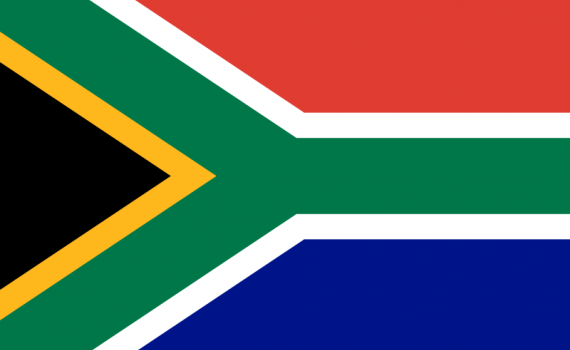
On 31 January 2020, EIFL will testify at the Office of the US Trade Representative at a public hearing to review South Africa’s place in its largest preferential trade scheme for developing countries, known as the Generalized System of Preferences (GSP). GSP provides duty-free access to US markets of goods from designated developing countries, including South Africa, and is a gateway for participation in the African Growth and Opportunity Act (AGOA), worth an estimated $2.38 billion to the South African economy.
The review was triggered following a complaint from the International Intellectual Property Alliance (IIPA), an umbrella organization of five US-based trade associations from multinational film, music, software and publishing industries, that South Africa’s Copyright Amendment Bill fails to provide “adequate and effective protection of US copyrights”.
EIFL strongly supports the Bill, that brings the 1978 Copyright Act into the digital age - rules on how libraries, archives, education and research use copyright-protected material have not been updated in 42 years.
WELCOME NEW PROVISIONS
The Bill contains welcome new provisions enabling modern library activities and services, such as digital preservation, support for online learning, and uses by persons with disabilities. It contains a new US-style fair use exception, and introduces much needed transparency in the area of collective management of rights. It also boosts the bargaining power of individual creators in their dealings with publishers, and record labels.
The two main charges levelled by IIPA at South Africa - that the new legislation will move South Africa further away from international norms, and that it violates South Africa’s international treaty obligations - are unsupported. In fact, the Bill embraces new developments and global best practices especially for digital content. The new exceptions are drawn from international treaties, provisions with similar effect in other countries, including the United States, and the EIFL model law developed by international copyright experts and academics.
The Copyright Amendment Bill also supports development. According to the World Bank, South Africa is the most economically unequal country in the world, and more than half the population (30+ million people) lives on less than $5 a day. By prioritizing access to knowledge, the government is legitimately using flexibilities in the copyright system to support critical domestic priorities and development needs, especially for education.
EIFL supports the government of South Africa against the threat of US trade sanctions that would affect not only people in South Africa, but throughout the region.
Further reading
- EIFL’s comments USTR hearing for Country Practice Review South Africa
- USTR Generalized System of Preferences (GSP) Notice of hearing for country practice review of South Africa
- EIFL’s letter to President Cyril Ramaphosa, November 2019
- For more information on the Copyright Amendment Bill and trade sanctions, see University of the Witwatersrand Libguide
SHARE / PRINT









